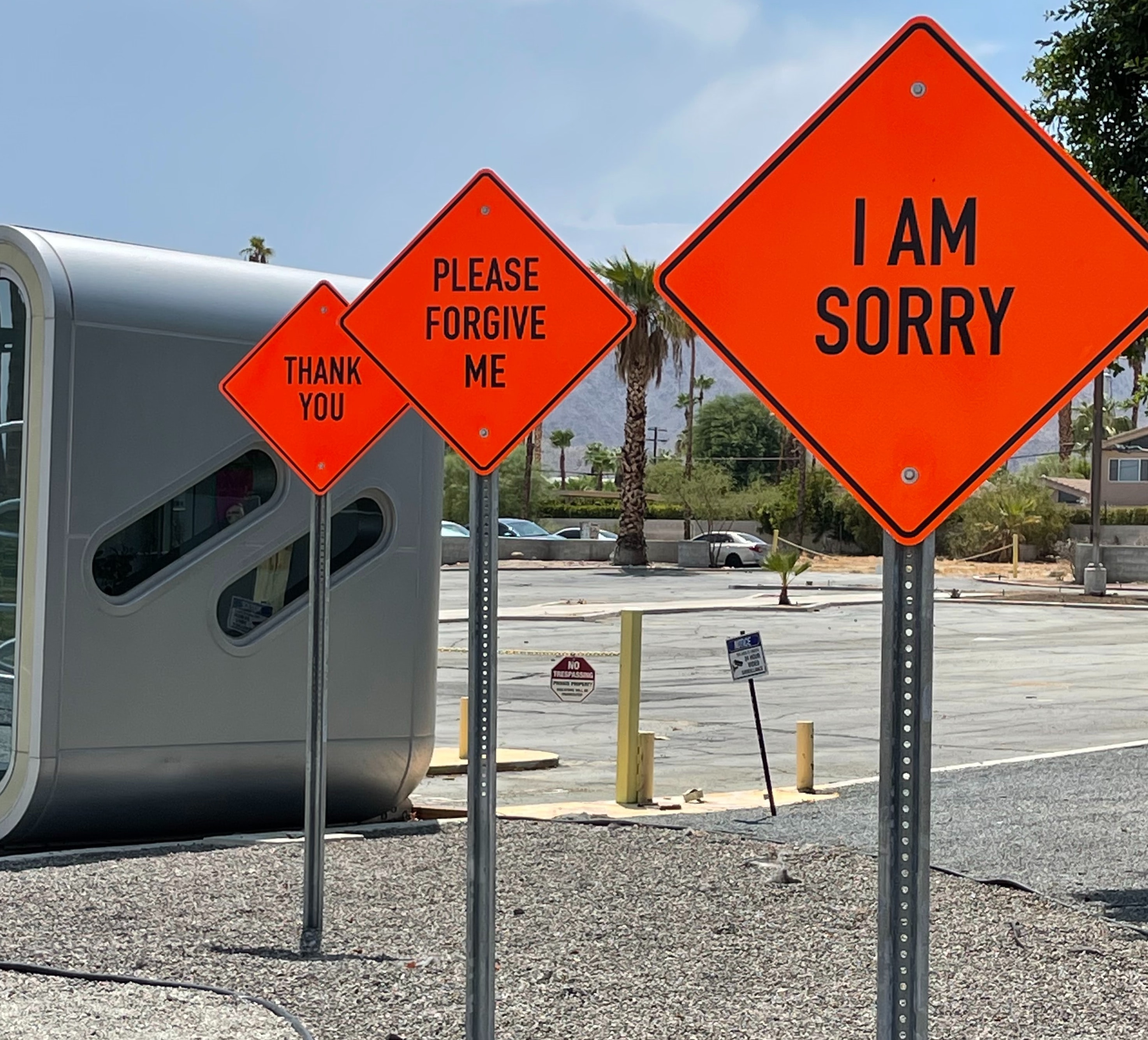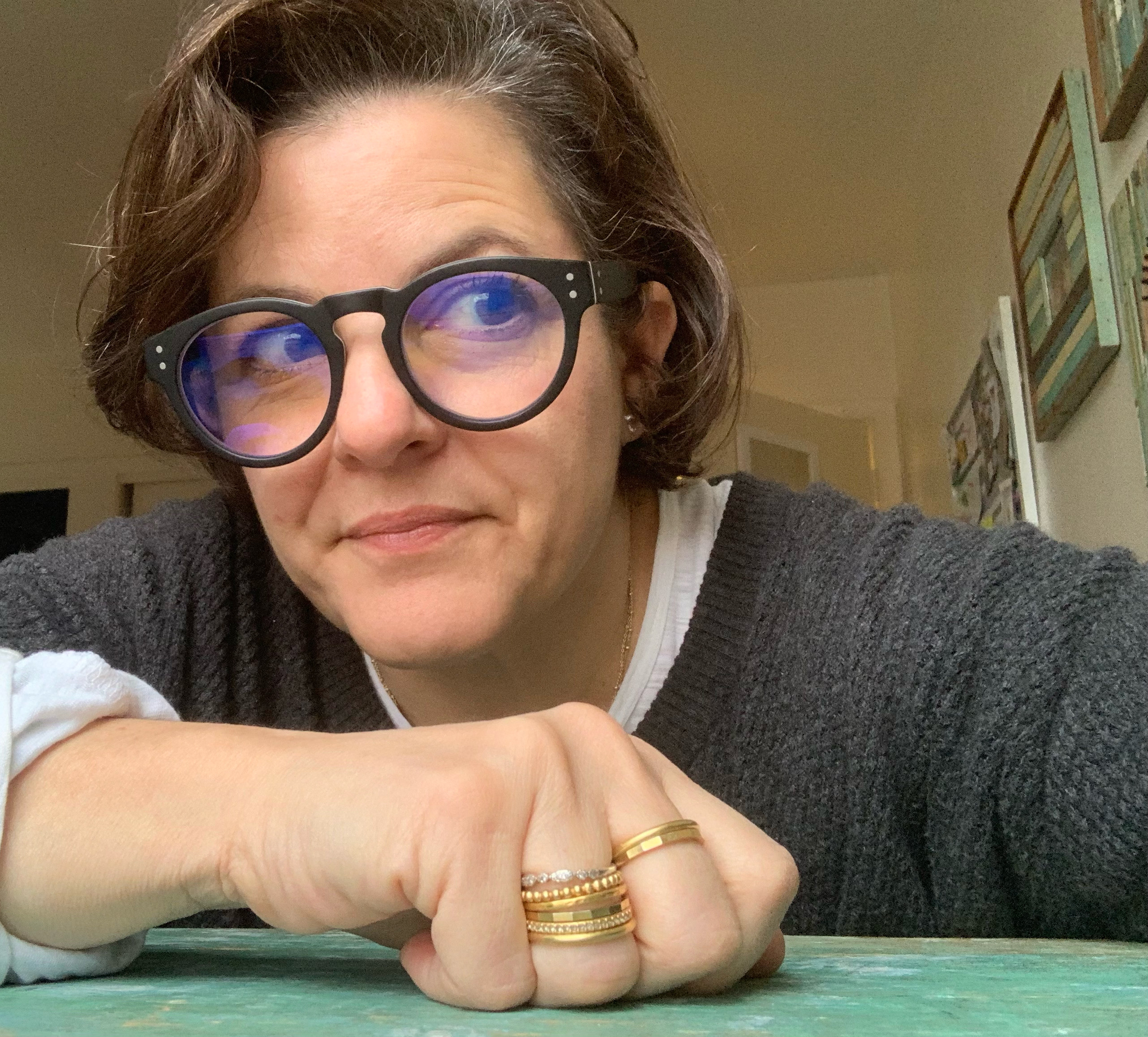If you have a learning disability, such as ADHD, dyslexia, dysgraphia, a language processing disorder or trouble with ‘executive functioning’, there is no need to apologize for your differences. Ever. You are just as talented and smart as everyone else on your team. That’s why you are there. I have ADHD and I don’t think of it as a deficit. In fact, I can’t believe other people still do.

Here’s how to never feel like you have to apologize for being you:
Have a ‘different’ mindset. Remember, our minds work differently than others—we’re faster, sometimes chaotic thinkers. We can also be incredibly focused, creative, and funny. Sometimes that means you will also be misunderstood. I’m not a fan of masking my learning disability but stealth mode can be a good temporary solution for some. Ultimately, I suggest being visible. Hiding a disability is time and energy-sucking. It’s a success blocker.
Get started being yourself, with grace and honesty, using these tips:
- Don’t lie, bluff or fib. You do not have a poker face. You have ADHD. Everyone will know you are not speaking the truth. Some people wear their heart on their sleeve, we wear our entire day on our faces. Hey, keeps me honest.
- Offer your manager or boss a list of ‘best practices for working with me’. A single sheet of paper with 5 items. I know, it sounds dorky. But it’s the best substitute for coming out and saying ‘I have….” Most of the items you list should be able to fit on the side of a coffee mug: i.e. Don’t talk to me until this cup is empty or I’m not the boss of you. My personal fav: If you hum or whistle a lot, I am not responsible for what I might do to you. Ask if they have a shortlist for you. Don’t press the issue, though.
- Get enough sleep. Lack of rest is up there in the top three enemies of people with ADHD.
- Talk instead of text. For us, conversations are the best mode of communication. (I bring a pad and pen with me to take notes if needed.)
- Print every darn thing you want to every day. Reading off-screen is easier to understand and process.
- Send a copy of a long document that probably has a typo or two in it to yourself before sending it to the group. Then leave your desk and read it on your phone. I have no idea why this works but it does. Every typo or missed word will come staring back at you. Then, once you’re back at your desk, make the changes and hit send.
- Do your best work and admit when you haven’t. No matter how humbling it is. Expect the same of your colleagues.
- Don’t take things personally no matter how tempting it is. The blame vortex is one you do not want to enter. People with ADHD tend to be sensitive–sometimes too sensitive. Unless you shake off petty comments or misunderstandings, you’ll find yourself mired in them. That affects your performance.
- Don’t talk about your personal life much at all. This will keep you from running on about things you probably shouldn’t reveal or might regret saying later. Instead, ask about other people’s lives.
- When you take a vacation—take a vacation. Your brain needs that time to chill out more than the average person.

